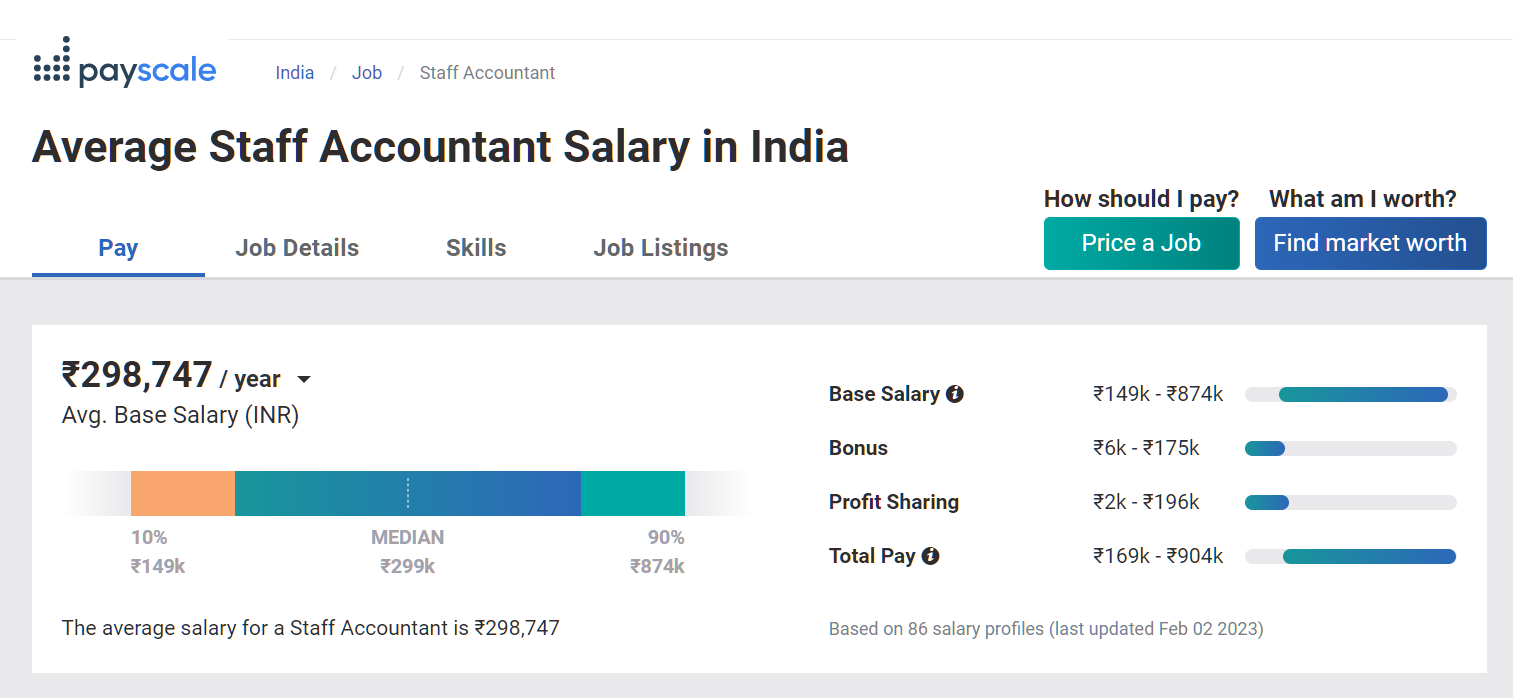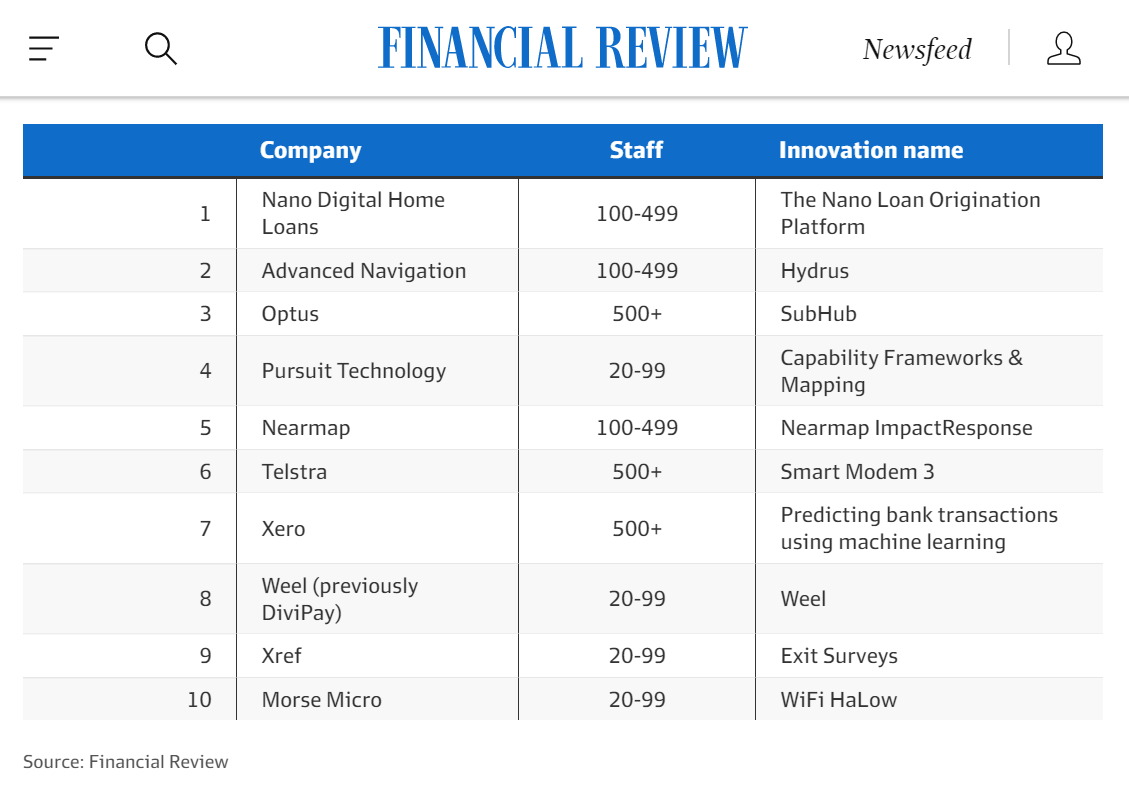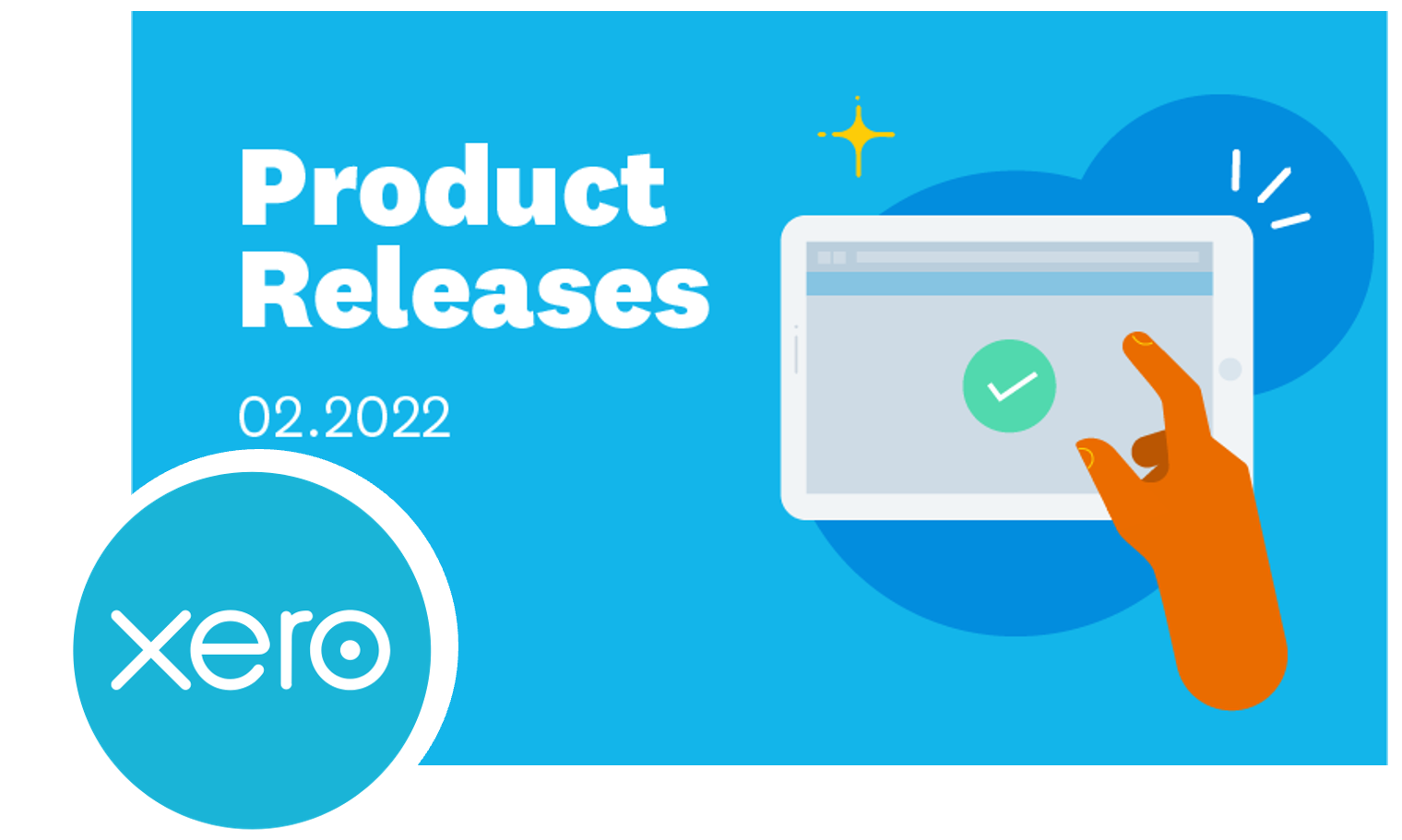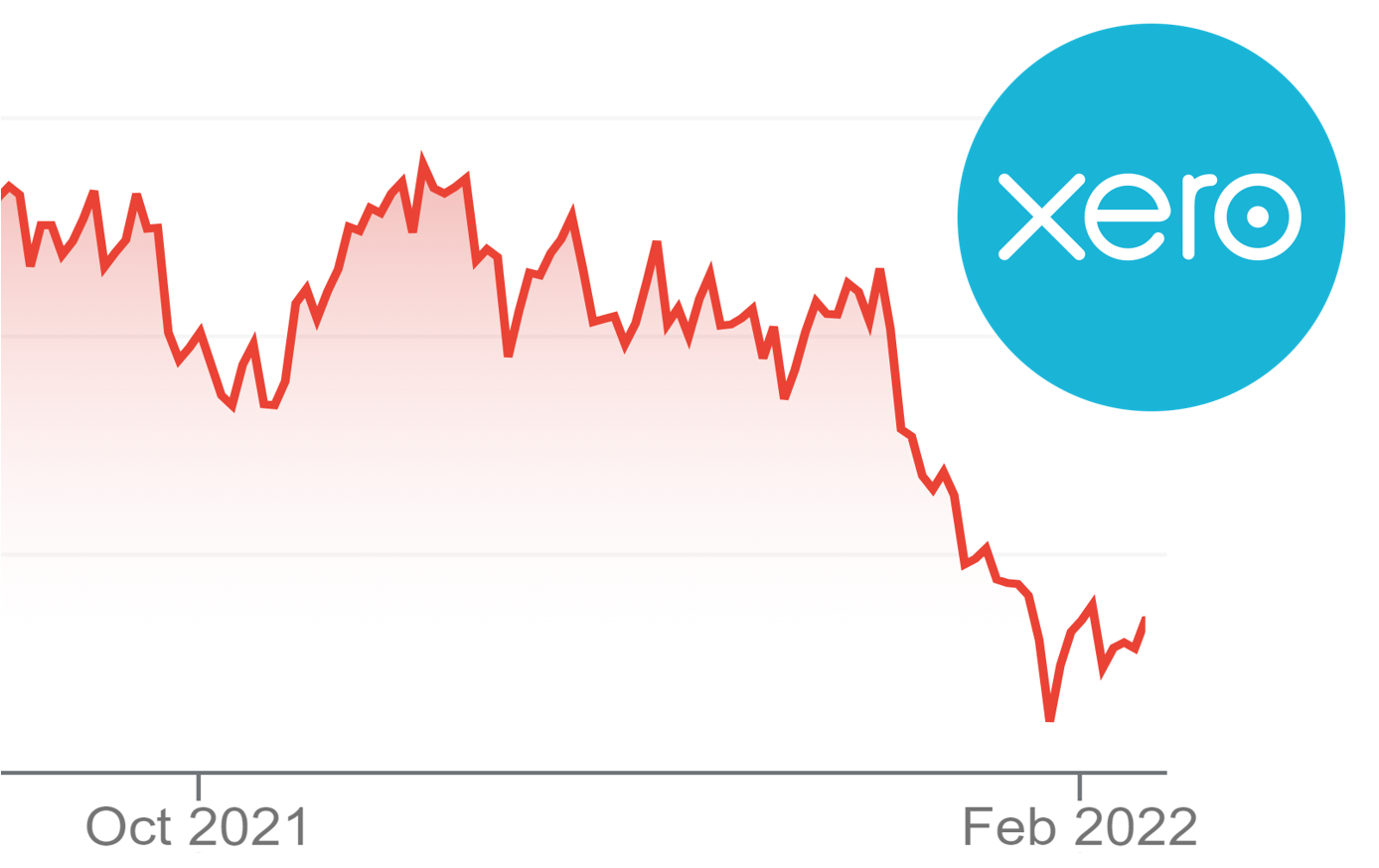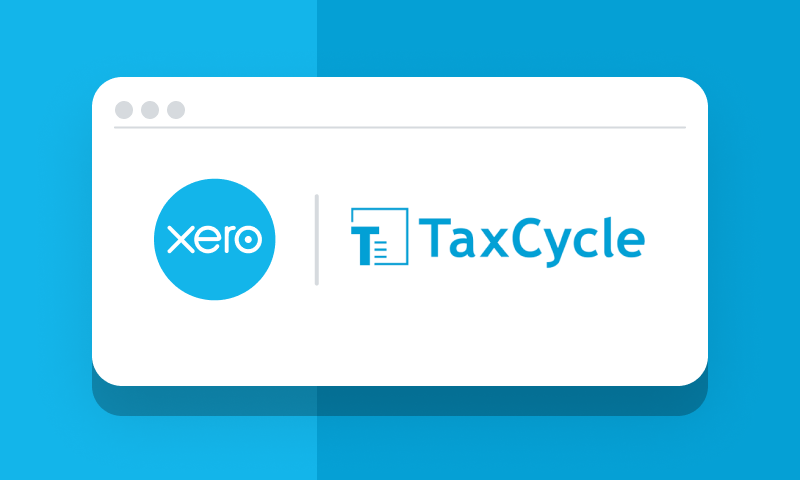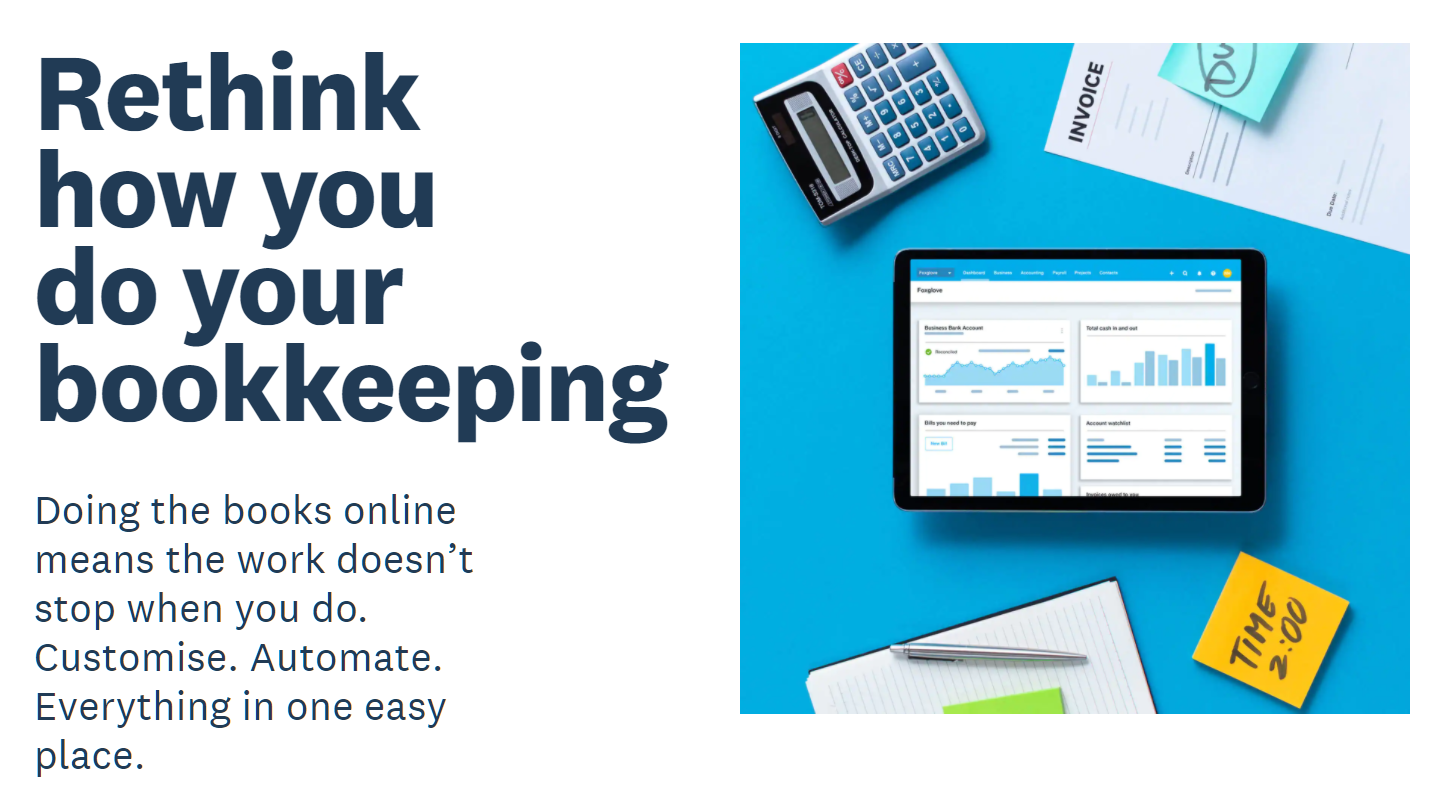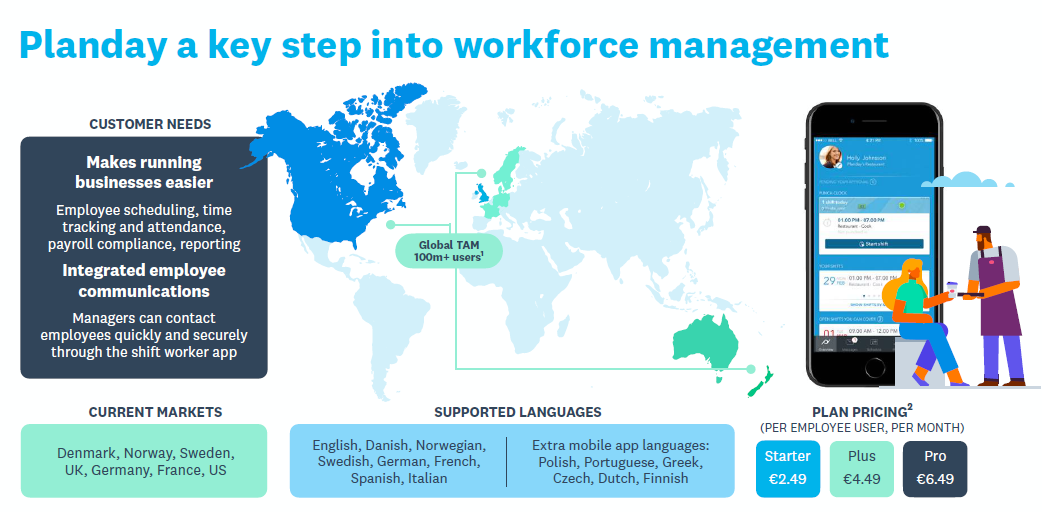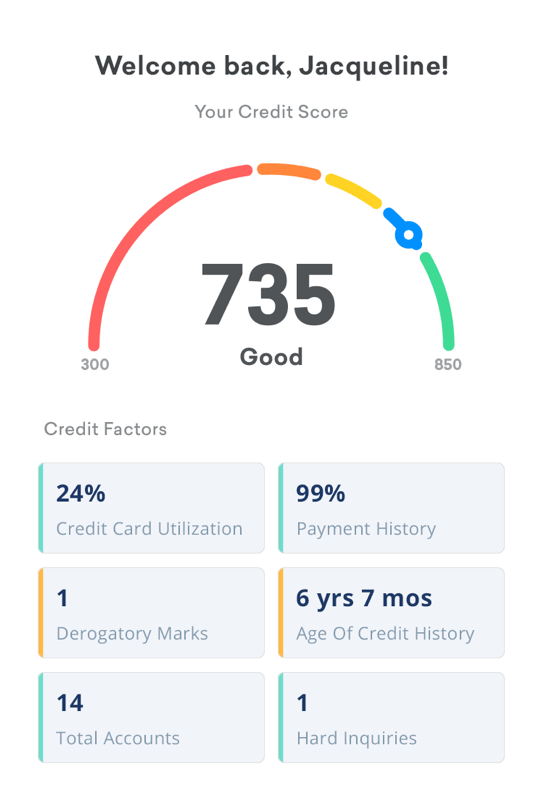Be Wary of Small Accounting Software Companies

Reach Accounting ceased operating in April 2015 [RIP Reach], after only four short years operating in the cloud-accounting space. When it launched, and Net Registry bought a 50 percent stake in the company, it was billed as the Gmail of accounting software for Australian small businesses.
Net Registry actively sought out small business owners, sole traders particularly, and if they were existing Net Registry customers, offered the Reach Software to the for free for the first two years; for any non-Net Registry customers, the software cost just $14.95.
But Reach Accounting is one of many online accounting programs which now compete with each other globally for small business clients.
I wrote earlier about an accounting program called Wave Accounting which is free for most bookkeeping features until you get into the more advanced features like merchant services and payroll.
We’ve always maintained a commitment to MYOB and our MYOB Training Courses because as a large company they have a wide client base and the money to invest in their software when industries go through change like we’ve seen in cloud accounting.
Reach was the cheap option for sole traders
Its small price tag made it a highly attractive option for small business owners who really only needed the invoicing, estimates, and expenses side of an accounting package, but with Reach could have the whole dog and pony show for very little.
In 2011 when it launched this was a huge drawcard. At the time, there were few other offerings available for less than the cost of Xero, which started at $25 a month, for a very limited offering. Now, however, there are at least three other players all vying for the same sole trader demographic.
If you were using Reach, then hopefully you made the switch to another accounting program before the April 30 expiry date, after which point, you data would have been lost forever. Sucked in to the cyber vacuum of nothingness, along with your Kazaa playlists and MSN Messenger account.
Any data in Reach needed to be retrieved by April 30
This is probably one of the biggest downsides to using cloud-accounting software – if the company shuts up shop, then you have a limited amount of time to export your files before your data is lost forever. If you’re a n00b or a bit illiterate when it comes to accounting software – which, let’s face it, most small business owners are – this can be tricky as some data may not transfer across or may need to be manually re-entered, which could spell an accounting disaster when it comes tax time. In fact, any time you cancel a service with one cloud-accounting provider you run the risk of not being able to access your data once your account is suspended or cancelled.
That’s why MYOB continues to remain as popular as it is with accountants and bookkeepers – because even if MYOB decides tomorrow that it’s going to cease producing its software and exit the accounting software space altogether, you can still go back to the software installed on your computer to retrieve certain data any time you need, even after you’ve found an alternative accounting package.
MYOB and similar software the safer choice
You obviously wouldn’t be able to use the cloud or smartphone and tablet-based applications, but the software installed on your computer would continue to work offline, just as any old piece of software would continue to work. There are plenty of organisations that continue to use MS Office 2003, even though it’s about a decade out of date. In fact, I’m still using MS Entourage for Mac 2008, even though that particular product was discontinued in favour of a Mac version of the email client Outlook.
While cloud-accounting software is great and can be produced cheaply, MYOB and similar software that needs to be installed on computer remain a safe choice, and it’s why it continues to be popular with accountants and, in turn, our most popular training course. If you’re a new bookkeeper and you’ve been wondering what software you should become skilled in, it’s most definitely MYOB.
There are plenty of Xero bookkeepers, and while it’s important to know your way around Xero too, MYOB is by far the preferred choice by accountants because it’s well established, so it’s unlikely to be going anywhere soon, but even if it does, a client’s data and information doesn’t disappear until you’re ready for it to disappear.
If you’re a new bookkeeper or a bookkeeper looking to brush up on your skills, make sure MYOB is one skill you master. We offer an online training course in MYOB that takes you through each step in the bookkeeping process, including payroll, reconciliation and BAS.




